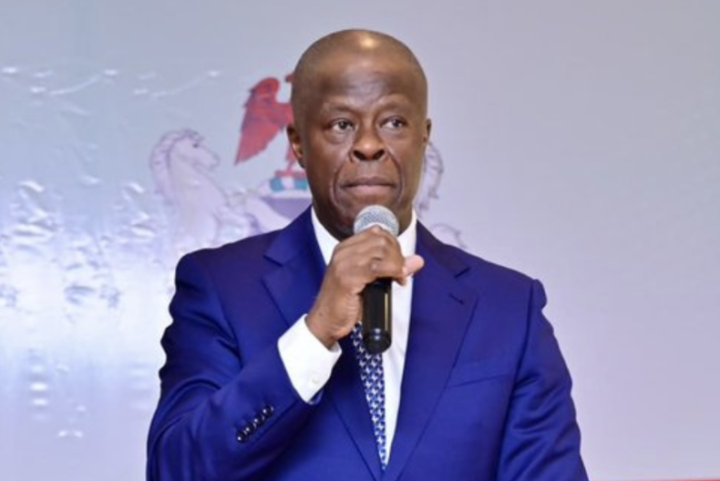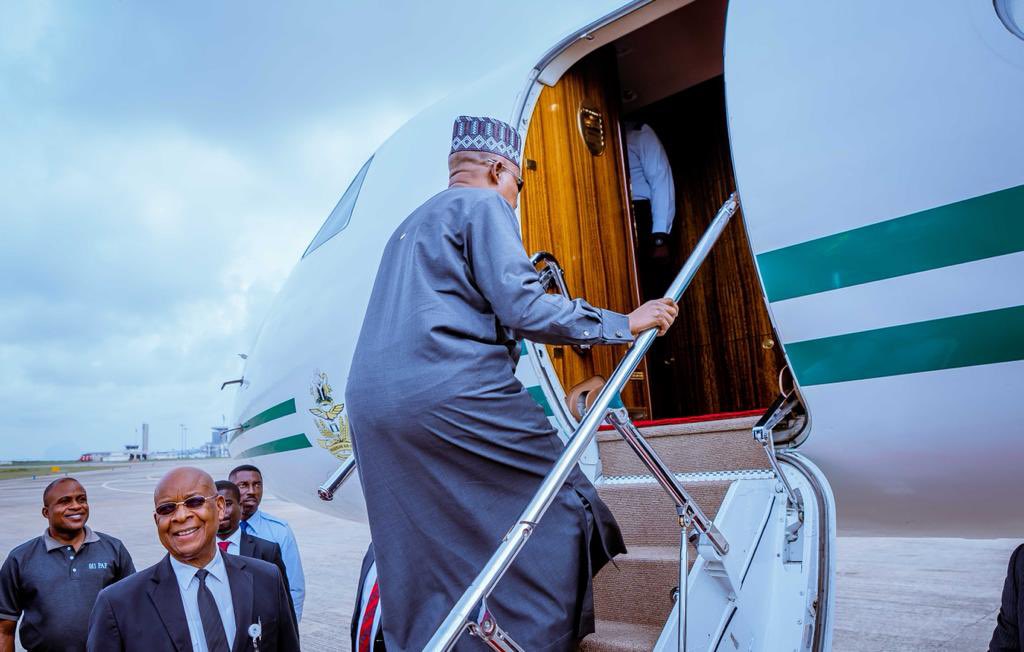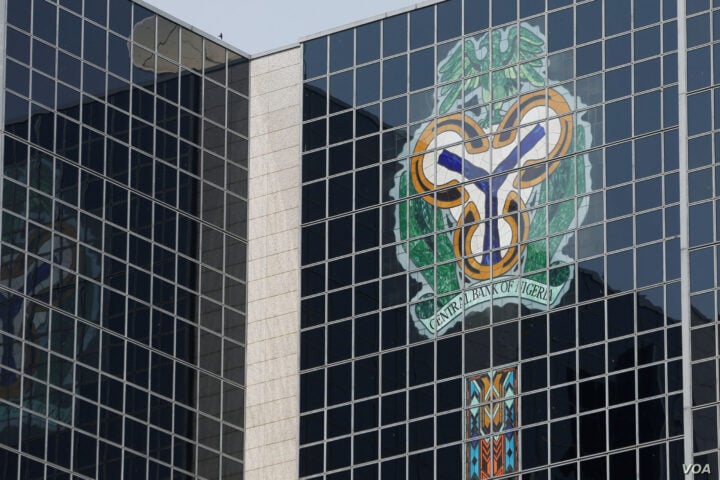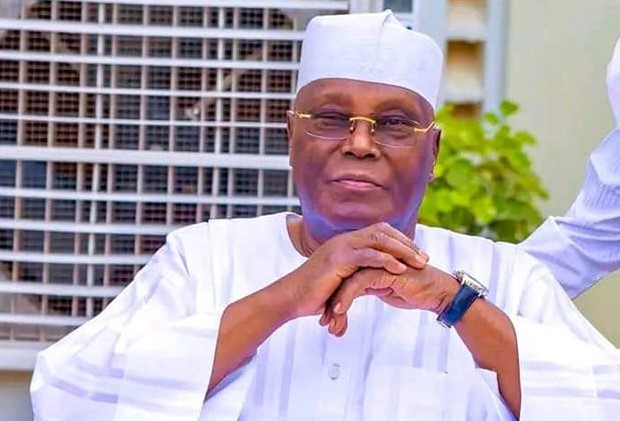Wale Edun, minister of finance and coordinating minister of the economy, says President Bola Tinubu’s policies have been widely recognised as capable of putting Nigeria on the path to economic recovery.
Edun spoke on Saturday on the sidelines of the ongoing World Bank Group/International Monetary Fund (IMF) annual meetings in Marrakech, Morocco.
“During various plenary and bilateral meetings including World Bank, IFC, ERBD and international banks, we were encouraged that our reform efforts are being globally acknowledged and applauded,” he said.
“The reforms are widely recognised as capable of putting Nigeria on the path to economic recovery.
Advertisement
“We emphasised access to investment capital, particularly from the private sector and at a large scale; as well as the need to support private sector development.
“As I speak with you here today in Marrakech, I am fully aware of the difficulties our people are facing back home. Our key priority remains providing a better life for all Nigerians.
“This has already been outlined in President Bola Tinubu’s eight priority areas.”
Advertisement
According to Edun, while Nigeria’s economic narrative has its unique complexities, it remains inextricably linked to the economic trajectory of sub-Saharan Africa and the broader global economic landscape.
“At this week’s meeting, the IMF announced that for the second successive year, regional economic output will fall to 3.3 percent in 2023 from four percent in 2022,” he said.
“Global growth is projected to fall from 3.5 per cent in 2022 to 3.1 percent in 2023 and 2024.
“Economic growth remains slow and uneven overall, and this is due to a series of unprecedented shocks, significant conflicts in numerous locations globally and slow international demand following the COVID-19 pandemic.
Advertisement
“These have resulted in sustained high interest rates to tackle soaring inflation, high borrowing costs, which make debt unaffordable, and investment challenging.”
The minister emphasised that fiscal consolidation, aimed at building financial buffers after a prolonged period of economic stimulus, continues to be the favoured policy approach for numerous countries.
“Food and energy insecurity risks, rising poverty and inequality are key concerns, especially in low-income countries,” he said.
“At the IMFC meeting where I represented 22 Sub-Saharan countries, I highlighted that higher interest rates have amplified debt service burdens and capital flow reversals.
Advertisement
“I urged for continued multilateral cooperation to tackle debt challenges, which supports the G20 common framework and the Global Sovereign Debt Roundtable.”
Edun however urged the World Bank to remain focused on the twin goals of poverty eradication and shared prosperity, while enhancing its operating and financing models.
Advertisement
Add a comment







